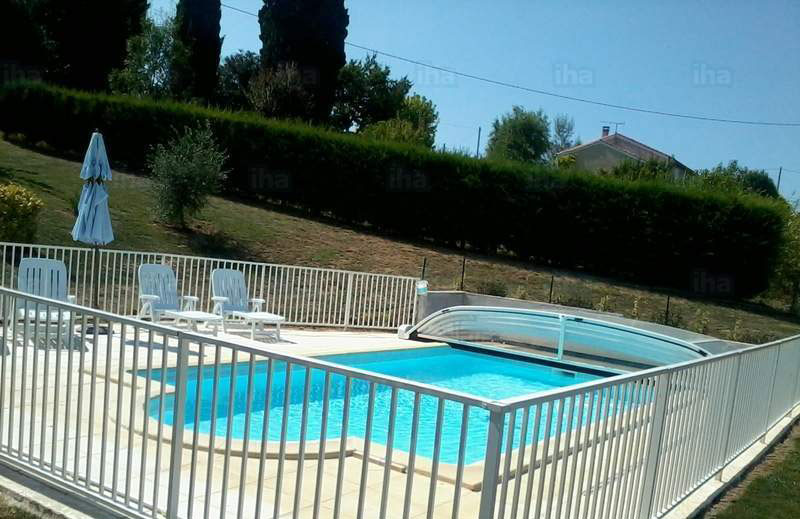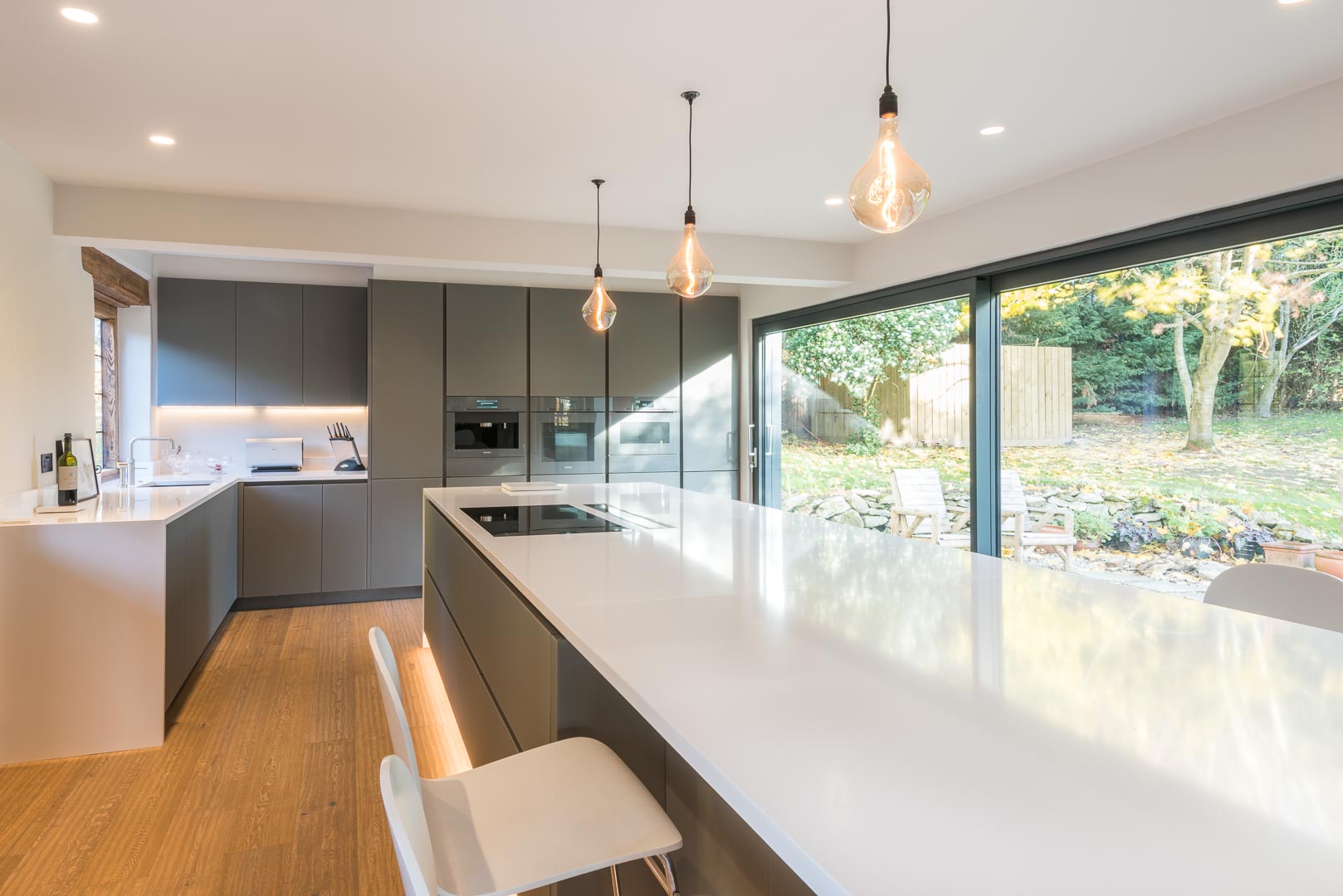
Important Information You Need to Know About Swimming Pool Fencing
A swimming pool is a favoured home feature for many, especially children and while they are great, they can be a major cause for concern if they are not fenced properly. We’ve compiled some important information you should know about pool fencing and included a couple of common questions we get asked often to give you an understanding of what is expected as a pool owner.
Table of Contents
Do I Need to Have a Pool Fence?
The Australian Government introduced pool fencing laws in 1991 to decrease preventable drownings. Across the country, it is compulsory for all above ground pools, inground pools and spas to have a compliant pool barrier in place, even plastic and blow up pools need to be fenced surely and meet state requirements. There are very limited circumstances where a pool fencing exemption will be granted. Not only that, if you choose to defy state pool regulations and do not put a pool fence in and a child has a drowning incident, you could be facing criminal charges.
Can I Install the Fence Myself?
While you can, it is not advisable. If you are not a competent tradesperson it may fail to meet state standards and can cost you more to fix than it did for the fence in the first place. Most pool builders will take care of your pool fencing for you and ensure it is compliant upon completion, giving you absolute peace of mind.
Will A Pool Fence Detract from The Appeal of My Pool?
No, not if you choose one that compliments your home and get a professional to install it for you. There is a huge variety of pool fencing options available today which allows you to find the right one for your home and budget.
Can I Use My Existing Fence Line as Part of the Barrier?
Whether you can use your existing fence as part of your pool safety barrier depends if it meets state standards or not. For it to comply it must be 1800mm in height and if it is a vertical bar fence, the gaps must not be wider than 100mm apart, if it has horizontal bars they must be 900mm apart.
Pools Fencing Standards for Queensland Are as Follows:
Queensland Building and Construction Commission Stipulate That Pool Barriers Must Be:
- 1.2 metres in height from the ground for pool fencing and 1.8 metres for boundary fences.
- Holes in fencing must be no larger than 13mm.
- The gap between the ground and the start of the fence can be no bigger than 100mm.
- Horizontal rails should be at least 900mm apart.
- The fencing must be maintained and have no damage or holes.
- Verticals rails mustn’t be more than 100mm apart.
Other Components Of Your Fencing To Consider
Gates And Windows
- Safety latches need to be securely positioned 1.5m from the ground.
- The pool gate needs to open away from the pool, not towards.
- Windows that are in the pool area cannot open more than 100m and must have a lock.
- Gates should have a unidirectional self-closing mechanism and be fitted with a self-latching system.
Non-Climbable Zone
Your pools non-climbable zone is the 900mm area around your pool fence that shouldn’t have anything in it that can be used to gain access to the pool area. On the inside of the pool fence, it’s 300mm. Ensure things like trees, large rocks or plants aren’t positioned here and check the area often to ensure no items have been left in the vicinity that can be used to climb on.
Certificate of Compliance
Once your pool fence has been erected it will need to be inspected by your local council or a private certifier. If the fencing meets the necessary standards, you will be issued a certificate of compliance. If it doesn’t pass, the inspector will alert you of the problems, you need to get them fixed and then get it reassessed. If your pool builder did your pool fencing and didn’t ensure it was compliant, let them know so they can fix the issue.
CPR Signage
All pools must have CPR signage in a visible location in the pool area, so if an emergency were to occur the responder can refer to it for guidance. It must comply with standards set by ANZCOR guideline 8 – cardiopulmonary resuscitation.
Pool Fence Choices
Its good idea to consider your pool fencing when designing your pool to be sure it’s incorporated into the cost and you can use your pool straight away. Your pool barrier can be made of many materials, some popular ones include glass and aluminium.
A compliant pool fence is a great start to keeping your children safe and can reduce the risk of drowning drastically, however, you still must be proactive about safety around your pool. The Swimming Pools and Spas Association (SPASA) have put together some important guidelines that all pool owners should follow:
- Children should never be left unsupervised in the pool area, even those that are confident swimmers.
- Keep furniture and other large items away from the pool area.
- Consider taking a CPR course.
- Teach your children to swim.
- Have CPR signage in the pool area in a highly visible spot.
- Avoid drinking alcohol around the pool or in the water.
- Have a compliant pool fence.
- Have a “no diving” sign located near the shallow end.
As Much Thought Should Go into Your Barrier as Your Pool
You should familiarise yourself with the pool fencing regulations that apply to your state or territory. Based on the rules, you can design your pool and fencing to comply as well as look highly appealing. Not having a compliant pool fence in place can see you being issued with a fine and makes your pool unsafe which can be worrisome if you have little children living with you or nearby. If you’re not sure what your pool fencing requirements are, get into touch with your local pool builder. They are a wealth of knowledge and can advise you of your pool fencing obligations.
Our team here at Barrier Reef Pools Queensland comprises some of the most experienced and skilled pool builders in the industry and would happily answer any questions you have about pools or pool fencing. Get in touch today!
References
https://www.qbcc.qld.gov.au/home-building-owners/pool-safety/does-your-pool-comply



